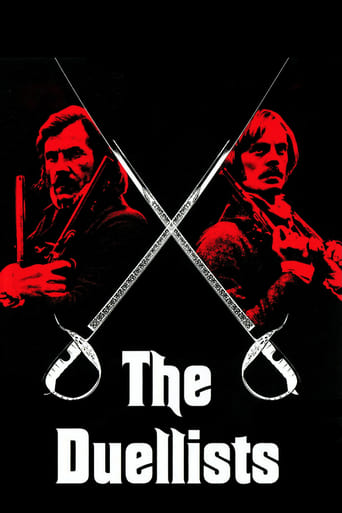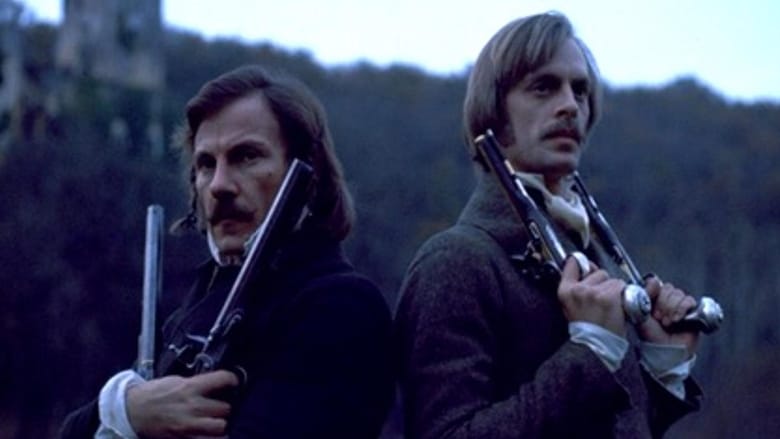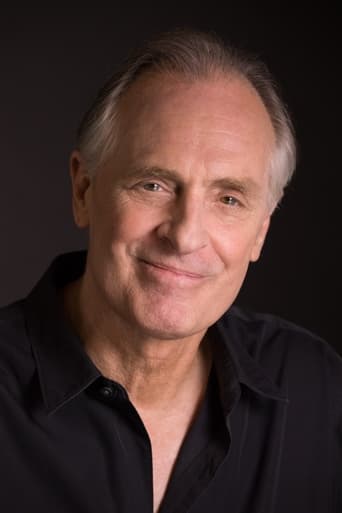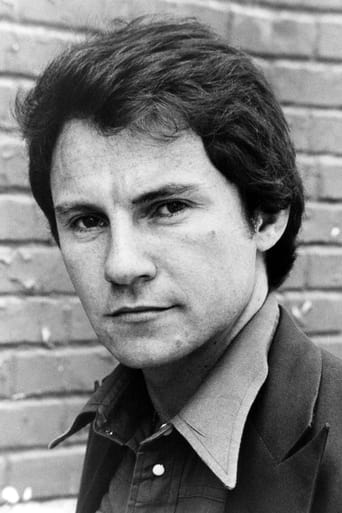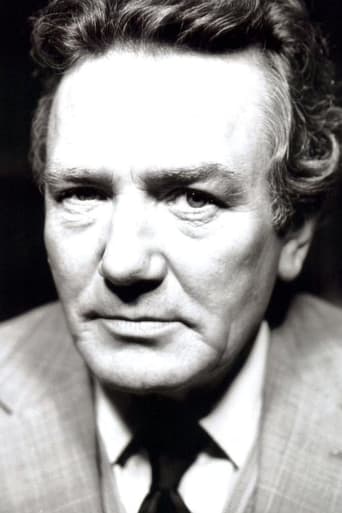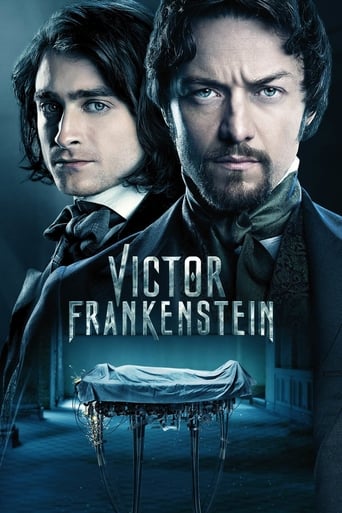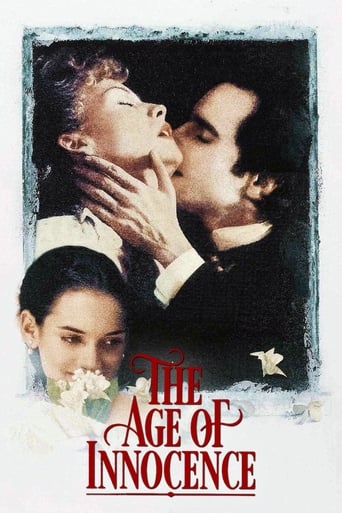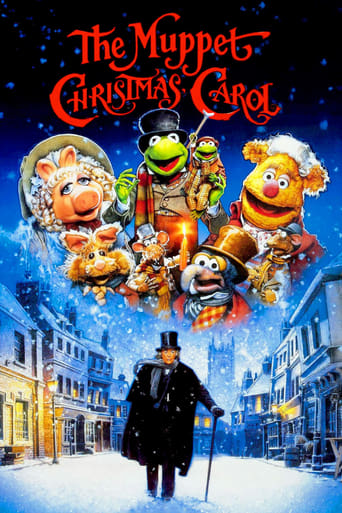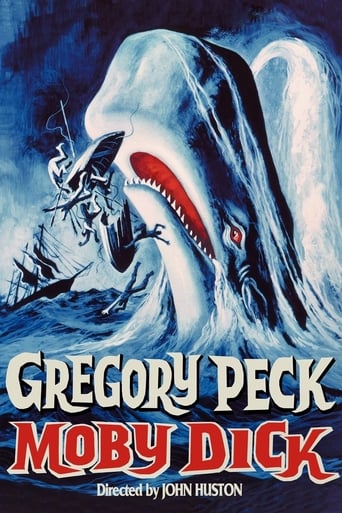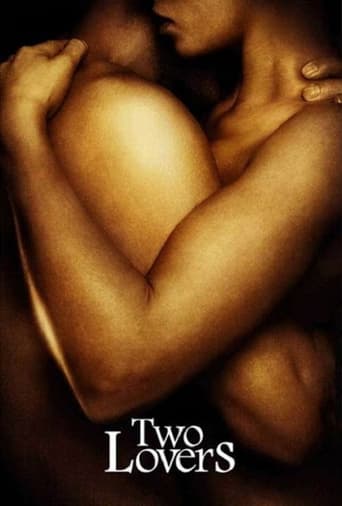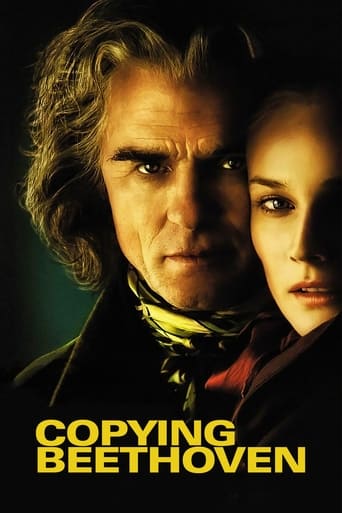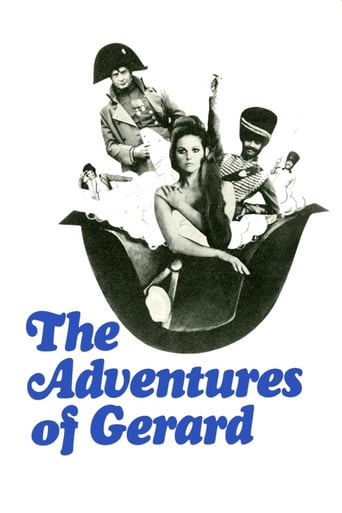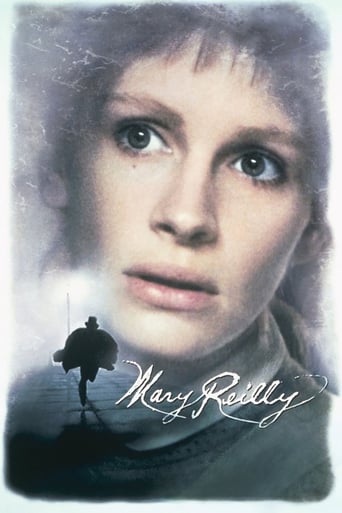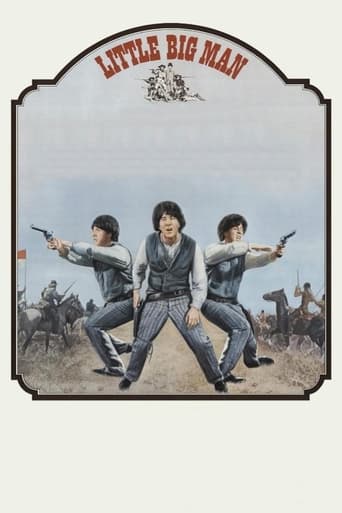The Duellists (1977)
In 1800, as Napoleon Bonaparte rises to power in France, a rivalry erupts between Armand and Gabriel, two lieutenants in the French Army, over a perceived insult. For over a decade, they engage in a series of duels amidst larger conflicts, including the failed French invasion of Russia in 1812, and shifts in the political and social systems of Europe.
Watch Trailer
Cast


Similar titles
Reviews
Sick Product of a Sick System
Instant Favorite.
An old-fashioned movie made with new-fashioned finesse.
Through painfully honest and emotional moments, the movie becomes irresistibly relatable
The bg issue with this film is the cast and acting. It's not the scenery which is a lush tour of 19th Century Europe where honor and integrity win the day among the Hussars in Napoleon's Grand Armee. It's not the costumes which are so authentic as to be antiques. Brightly colored uniforms, hats bursting with plumage, and gowns fit for a queen. It's not the staging which sets the scenes perfectly in the glow if candlelight or in the bitter cold steppes of Russia during the battle for Moscow. It isn't the script which had just the right combination of old world lingo and new humor to make it work. It's not really the concept either which is based on true events. There was a pair of Hussars who dueled over 20 years. They did each distinguish themselves in the army and earn promotions to generals. No it's none of those things. It's the cast and the acting. I understand that Ridley Scott was given a choice of four actors to choose from for the two leads. His first two choices fell through so here we are with Carradine and Keitel. First Carradine. His acting is non-existent and he's not at all believable as either a military man or a man driven by honor above all else. He comes off as a beach bum from California, not a Napoleonic Frenchman. The way in which he spoke some of the lines seemed contrived mainly because in those days people used a lot more words to get their points across. Instead of saying, "I won't go to the party," they instead would say, "I daresay I shan't be attending the fete." Or something like that. Carradine just said the words without attaching any real meaning to them. He was as bland as can be. Also, the actress who played his sister inexplicably spoke with an English accent. It was very strange to hear her "brother" answering her in a valley boy voice (oh my gawwwd). As for Keitel, I'm not sure anyone would even need to see the movie to realize that casting him as a French Hussar from the 1800s is making a major error. He just can't pull off historical work. Not only is he incapable of dropping his Brooklynese accent, he doesn't even seem to want to try. All he does is speak his lines slowly and precisely in the same tough NY way he always does. It's unbelievable that Ridley Scott thought it was appropriate to have the entire cast speak in English accents except for the two main characters. They stuck out like sore thumbs and not in a good way! Neither of them had the acting chops to play this type of role which called for straight backed military men who are driven by their ideas about what a gentleman must do, how their integrity plays into that, and how risking one's life to maintain honor is paramount. Keitel walked around like the tough gangster type he always does and seemed not to care about what anyone said or did. He's given direct orders which he ignores but somehow makes it all the way to general? Although true in real life, he certainly didn't play it that way. He didn't seem to care about anything but fighting duels and watching out for Carradine so he could challenge him again. As for Carradine, he seemed to be going through the motions of doing his duty but he really didn't act as though he cared about anything either. He seemed mildly annoyed whenever he ran into Keitel and that didn't change much until the middle section of the film and only slightly. All in all, a beautifully photographed movie that isn't worth your time because the acting and casting is so egregiously wrong that it's impossible to look past it to enjoy the movie. PASS
I have watched this film so many times I know the dialogue off by heart. It is, in my opinion, the best film ever made. Everything about it is "just so", some things by design and some through serendipity such as when the two horses kiss just at the moment General d'Hubert gets down on one knee to popose to his lover.
In Napoleonic France, Lieutenant Armand d'Hubert (Keith Carradine) is sent to arrest Lieutenant Gabriel Feraud (Harvey Keitel) for fighting a duel. Feraud takes offense at a slight during the arrest and challenges him to a duel. The men fight but are stopped by Feraud's mistress. D'Hubert is sent back to the front with his men. Months later, Feraud challenges d'Hubert once again. D'Hubert is severely injured. After recovering, they fight again but this time to a standstill. D'Hubert is promoted to captain and it's forbidden for different ranks to duel. Years later, Feraud is now a captain. He runs into d'Hubert and they clash once again. Their paths continue to cross and their duel is reignited again and again.Director Ridley Scott paints a natural picture of the era. The fights are visceral and real. There is a pointlessness to these fights that is based on old ideas of honor. It can get repetitive. The actors are fine and Keitel is compelling whenever he gets on the screen. Keitel's obsessive character is far more interesting than d'Hubert and would be a much more intense character study. This is a somewhat meandering story that is punctuated whenever Keitel shows up. It's an impressive theatrical directorial debut for Ridley Scott.
It is to be expected from a Ridley Scott picture to have outstanding visuals. 'The Duellists', Scott's debut, already shows this trademark: it is one of the most beautiful yet realistic period films I've seen since Kubrick's 'Barry Lyndon'. In truth, the visual are more attractive than the plot itself.Based on a story by Joseph Conrad, 'The Duellists' is a rather straight-forward story of the rivalry between two Napoleon-era French officers: the more humanized and reasonable d'Hubert (Keith Carradine) and the wild thrill-seeking Feraud (Harvey Keitel). Their rivalry, mostly fed on by Feraud, goes on for decades.Considering this was made before CGI and with such a tight budget, it could not be more impressive. The scenery is beautiful and, just like 'Barry Lyndon' (which Ridley Scott used as inspiration), every scene is made in a way that makes them seem to be taken directly from a painting of that era. The lighting, the costumes, the color schemes... From a technical point, the movie is almost flawless. The simple plot does nothing on its own but complement the scenery with the very believable and intense duels or the locations they go to; even its simplicity allows the viewer to take his time admiring the visual.The casting and acting are in a strange disagreement with each other. Carradine has the aristocratic physique to match his character, whereas Keitel would likely feel out of place as a high officer of the French army. However, the latter benefits from the fact there is little to no focus on the army duty itself and merely has to portray an aggressively wild and obsessed man (which he does a damn good job at); meanwhile, Carradine is far too expressionless and dull (saved only by his matching his character appearance), and the romance scenes of his character are often the dullest parts of the film (though so far distributed that they couldn't drag the film down).As time goes by and the special effects get more and more abundant, a film as natural and beautiful as this only gets better and better. 'The Duellists', just like 'Barry Lyndon', is unlikely to be surpassed in its visual beauty.

